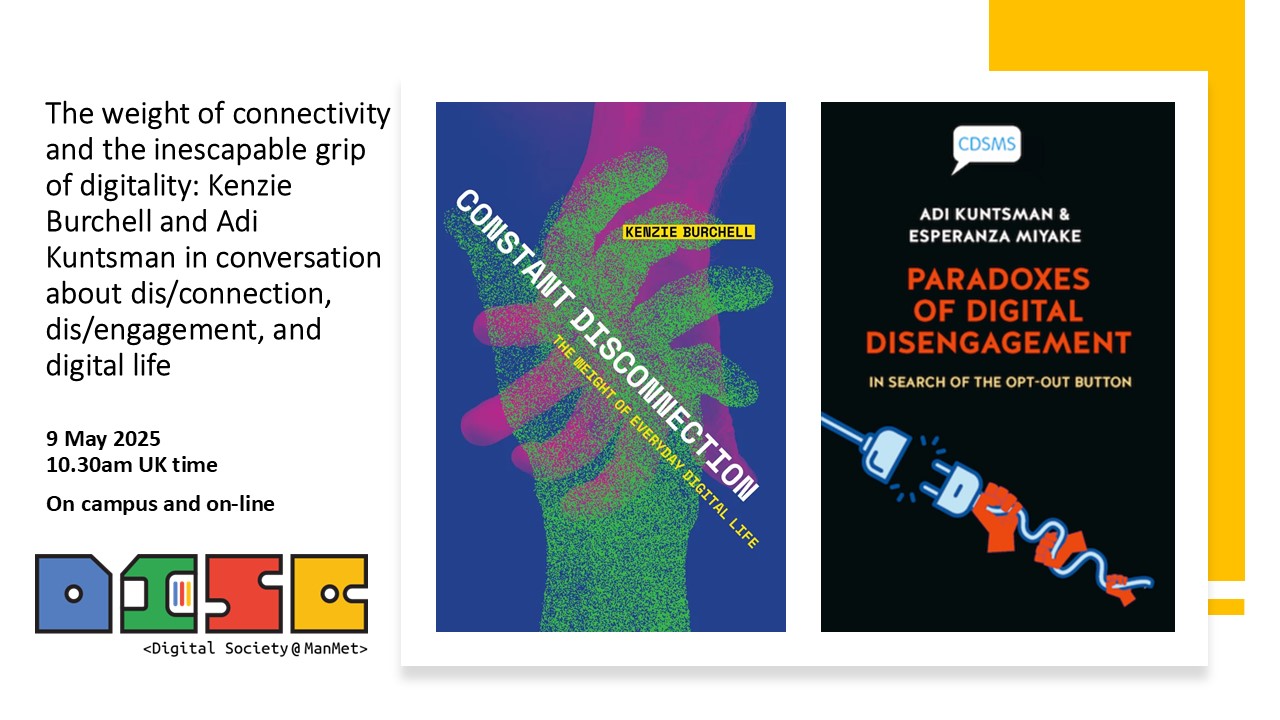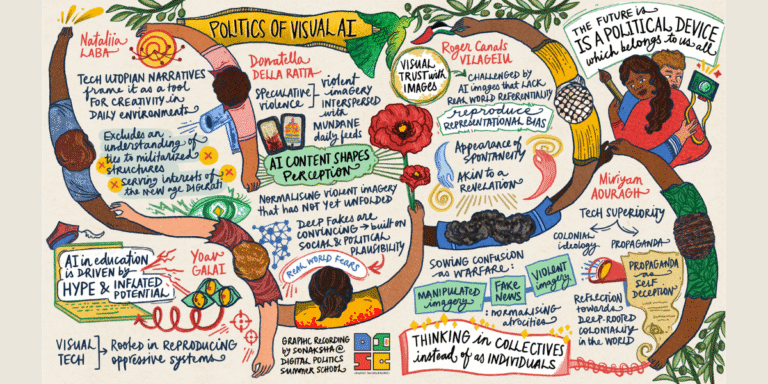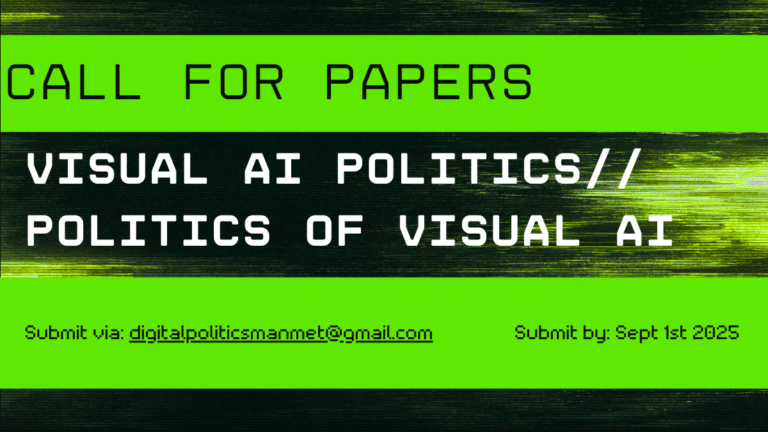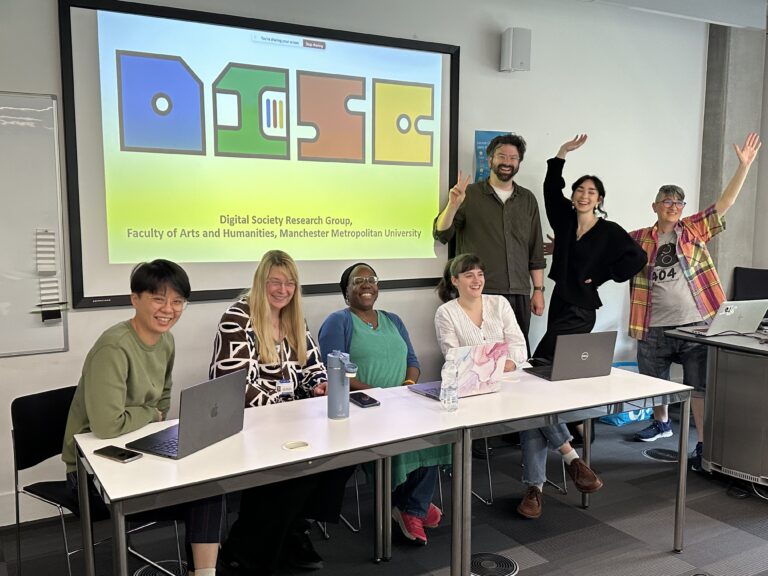New Book! Paradoxes of Digital Disengagement: In Search of the Opt-Out Button by Adi Kuntsman

Have you ever wondered how easy it would be to opt out of digitality? Adi Kunstman and Esperanza Miyake investigate this in their book through the exploration of digital paradoxes.
Kuntsman and Miyake begin by describing the current digital landscape in which society operates digitally by default. However, this is not without resistance from individuals through the use of digital detox periods. The authors builds upon this by calling for a greater criticality towards digitality and the growing sense of digital-solutionism. This sense of digital-solutionism can be witnessed in the belief that the implementation of technology can seek to repair flaws of human existences and despite this problematic nature, is often accepted as the norm. Opposition to the growing influence of digitality however is often sidelined as an abnormality due to widespread techno-solutionism as Kuntsman and Miyake explain.
Kuntsman and Miyake continue this criticality and this suggestion of disengagement to a point of questioning whether the technology we find ourselves reliant on is actually desirable or beneficial. The emphasis on digital disengagement reflects a wider investigation into neoliberal, capitalist norms that relies on digital exploitation both in literal terms of how devices are made and upheld through exploitative practices but also drive towards the data mining of users’ information known as surveillance capitalism. This exploitation relies on the invisibility of labour, through overseas factories, and a sense of unacknowledged economy powered playbour or hyper competitive yet unstable gig economy. Kunstman and Miyake emphasise the importance of avoiding analysing this exploitation through an individualistic framework and instead calls for digital justice operating at the centre of digital disengagement.
Digital justice is explained as a collective approach towards dismantling large scale datafication and automated decision making. This intentionality of collective digital justice is imperative for the unification of people separated though means of digital surveillance who are typically already marginalised in the first instance. The rejection of behavioural profitisation seeks to find a society in which agency, justice and sociality are the foundations of interaction. Kunstsman and Miyake classify this movement in terms of four key themes: digital disengagement beyond social refusals; digital disengagement beyond motivations and practices; networked technologies and the material (im)possibilities of disconnection and; an elastic continuum of connection and disconnection, resulting in what they describe finally as the road ahead.
Digital disengagement beyond social refusals notes that while there may be a growing popularity of digital withdrawal, this is often conceptualised as a break from online communications such as social media rather than a complete digital disengagement. They continue that digital disengagement beyond motivations and practices note a wide range of reasoning as to why digital refusal may occur, and this multi-dimensionality is emphasised throughout the book. Networked technologies and material (im)possibilities of disconnection refers to the growing sense of technological immateriality and how this contributes further to a sense of algorithmic techno-solutionism. Finally, an elastic continuum of connection and disconnection presents the overarching paradox between digital preservatism and disengagement and how their intertwined nature shapes the way we both digitally engage and disengage.
Kuntsman and Miyake provide a roadmap of sections within their book, ranging from digitised health within the possibility of opting out to the labour of disengagement within resistance to digitalisation, along with discussion on the impacts of digitality on citizenship, education and the environment.
This book is a must read for those who are already critical towards enforced digital engagement and want to expand their understanding of how deeply this is engrained within our daily lives with the intention of disengaging.
Learn more about the book, and about the relevance of “digital disengagement” paradigm, in the upcoming event, talk on the weight of connectivity and the inescapable grip of digitality with Kenzie Burchell and Adi Kunstman.



